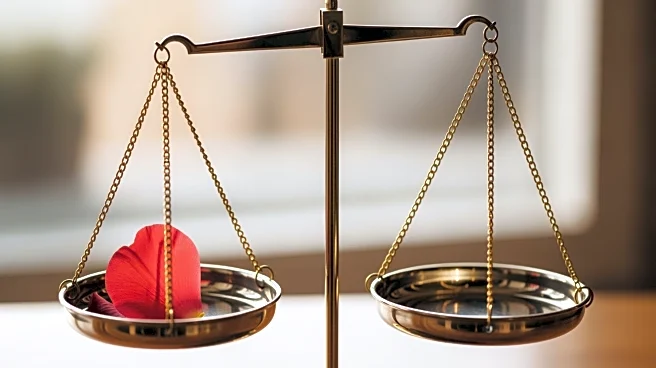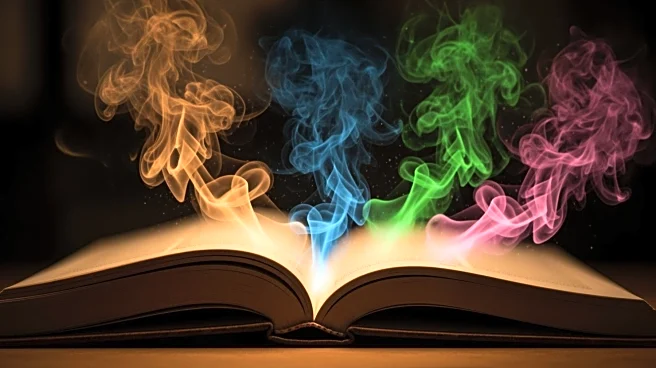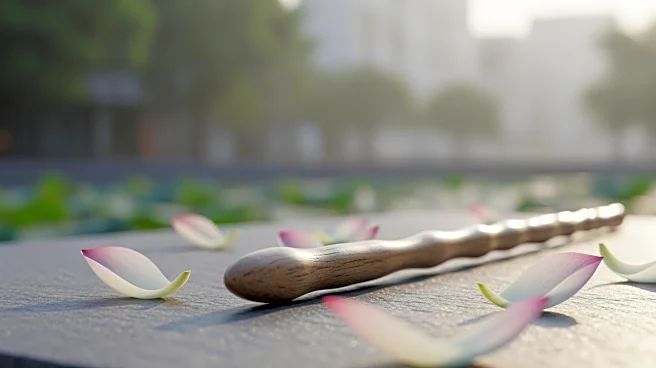
“There are certain emotions you need as a ballplayer.”
Ichiro Suzuki, a man noted often for stoicism and consistency, sits on a tall, wooden chair. The air in the converted gymnasium of the Clark Sports
Center is a balmy 67 degrees, and and for what may be one of the final times in his life, a press conference is gathered for the greatest right fielder in Seattle Mariners history, to name him by his 38th most impressive accomplishment.
Ichiro is responding to a question about his well-publicized proclivity for visiting Cooperstown in the midst of seasons throughout his playing career. The 51-year-old is thoughtful, considering each question he receives and frequently providing follow-up after his translator relates his initial response.
“[Visiting] this place allowed me to refuel them.”
Dispatching from Cooperstown for @lookoutlanding.bsky.social where Ichiro has just wrapped up answering questions for nearly an hour. Spoke of visiting Cooperstown and the Hall throughout his career warmly: “there are certain emotions you need as a ball player…this place allowed me to refuel them.”
— John Trupin (@johntrupin.bsky.social) 2025-07-26T16:44:40.039Z
It’s a colloquial environment. The type of space Ichiro thrives in now, but was more harshly perceived at times in his Hall of Fame career’s early U.S. days. Taking questions in both English and Japanese, Suzuki responded in his native tongue. For myself, whose middle school Japanese scarcely reached levels beyond “sumimasen, Nihongo-o, hanashimasen” at its peak, an endearing-but-distant dynamic arose. Ichiro took a question in English, patiently working his way through a response, and eliciting laughter and nods from the dozens of assembled Japanese press. The phrases transposed dutifully by his interpreter reflected his self-deprecation, but not quite the full connection.
That sensation permeates this Induction Eve.
Suzuki is one of the greatest players in the sport’s history. He is, depending how you consider it, the sport’s hit king, with over 3,000 in MLB and a total of 4,367 including his ages 18-26 seasons at Japan’s highest level. Even without extending that perspective, he is the author of unmistakable moments and even greater accumulations. The players with a batting average over .310 and over 5,000 PA since the year 2000 are two Hall of Famers (Vladimir Guerrero Sr. & Todd Helton), a would-be were it not for steroids (Manny Ramirez), a star whose injuries shortened a stellar career (Magglio Ordonez), and Ichiro. Suzuki has 2-4,000 more plate appearances than all the others. He is, in many senses, one of the most well-known baseball players in the 21st century.
To a degree, it is anti-climactic.
When I was last in Cooperstown for an induction, I came to see Edgar Martinez, scraping in to the Hall thanks to a herculean effort by those within and outside of the game to recognize his greatness. He was joined by committee selections in Harold Baines and Lee Smith, as well as largely-expected recipients in Mariano Rivera, Mike Mussina, and the Late Roy Halladay. This year, Billy Wagner is present for his buzzer-beating victory, weeping even with the press at the amount the honor means to him as someone who never stopped hoping the moment would come, but believed it might never. Alongside them is another local legend and shoo-in in C.C. Sabathia, along with two deceased stars of yesteryear in Dick Allen and Dave Parker, whose families treasure the honor but wear the weight of its delay in absence of the men themselves.
For Ichiro, whose story is no less extraordinary than Edgar’s, there was less surprise than nearly any vote the BBWAA has taken. This is the happy ending as scripted. The correct note played by the expert pianist, just as they’ve done a thousand times before. The Hall and the town itself have been preparing for Suzuki for more than a decade, well before his official retirement. Street and shop signs are marked in English and Japanese. Reservations have been booked (and delayed) at B&Bs, hotels, and room sublets since the Obama administration. While this creates an antsy lack of drama for a writer, there is an obvious relaxation in the man himself.
Shannon Drayer wrote up an interview just a few days ago on how Suzuki’s most significant achievement, in his mind, was the experience he went through in leaving the team in 2018, ahead of his scripted conclusion at the Tokyo Dome to open 2019. The experience, among other things, afforded Ichiro the opportunity to truly come to terms with the haunting sentiments he relayed in that 2018 spring and spread most widely by Wright Thompson for ESPN.
This past September, a Japanese newspaper described how he still organizes his life in five-minute blocks. Deviations can untether him. Retirement remains the biggest deviation of all. Last year, a Miami newspaperman asked what he planned on doing after baseball.
“I think I’ll just die,” Ichiro said.
This is not an Ichiro on the brink of withering. His near-daily participation in Seattle’s pregame activities give him fuel, as he has learned to find satisfaction in the preparation even when the event itself never comes. In the gymnasium, Suzuki notes that he found time to do his stretching and long-tossing routine Saturday morning instead of practicing his speech, chuckling that he’s nervous for his public address but that the consistency was more important. In response to a question from Adam Jude of the Seattle Times, Ichiro cracks the door into his soul, reflecting that his motivation now is a variation of what was required of him as a player. Instead of needing to be ready to hit for himself, he must stay ready for the Mariners, floating days where Julio wants to practice his outfield play or a hitter needs extra batting practice thrown as the moments that fuel his purpose.
This is an Ichiro appearing at peace with himself, a singular personality caught in a moment where he has helped inspire Japanese baseball to levels of popularity in his home country and worldwide. The questions he receives often allude to the present and future, something Cooperstown is diametrically opposed to. How has he influenced or related to the current wave of stars from Japan that have an increasingly immense influence on MLB on the field and in its culture? It’s an interesting anticlimax of its own. Despite his immense stature worldwide, and his legacy of cognizance of the sport’s history and his place in it, Suzuki is not a famously paternal figure to his countrymen. He carved his own path with consistency and comprehensive strokes that left no doubt at his final destination.
Those who’ve followed are not his proteges, but they are part of his legacy. Even if he is still “not normal,” as he remarked to Thompson back in 2018, it’s a legacy he appears to have found comfort in at last. When he steps up to the podium tomorrow, he’ll speak in English at length, in front of tens of thousands, something he’s been more wary of than stepping in against 100 mph fastballs and rabid opposing fans. Tomorrow, we’ll see how he has authored his own story, not through a career of action, but in his own voice and words.
More from lookoutlanding.com:
- 40 in 40: Mike Leake
- Mariners Moose Tracks, 1/1/18: New Year, Edgar Martinez, and J.D. Martinez
- Mariner Moose Tracks, 12/31/17: Edgar Martinez, Barry Bonds, and Sandy Koufax
- Mariners Moose Tracks, 12/30/17: Edgar Martinez, Miguel Sano, and Wade Davis
- Jerry Dipoto doesn’t care about your fan theories
- Sporcle Friday: Most Walks in a Season
- Mariners Moose Tracks, 12/28/17: 4MOM, Jose Altuve, and Michael Fulmer











